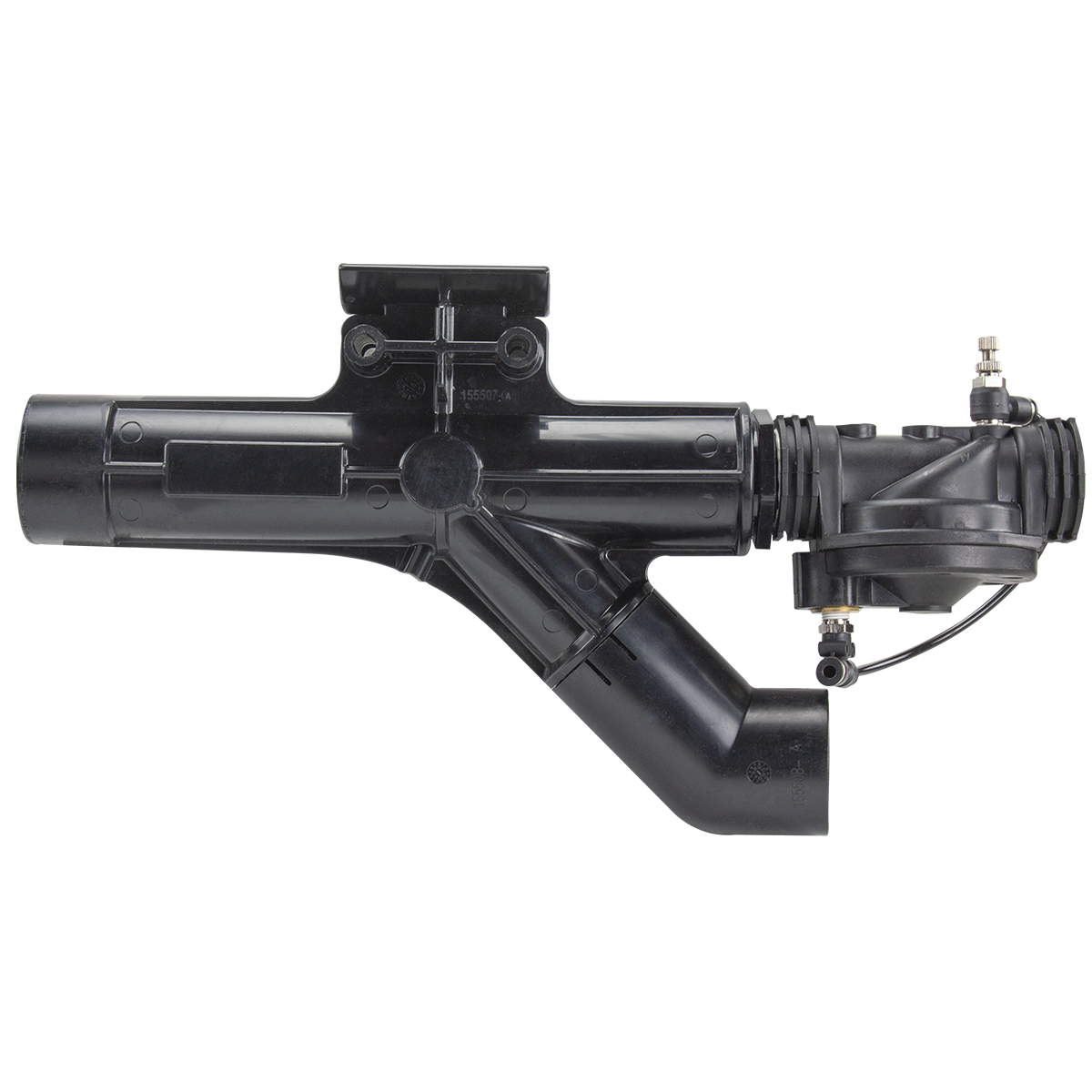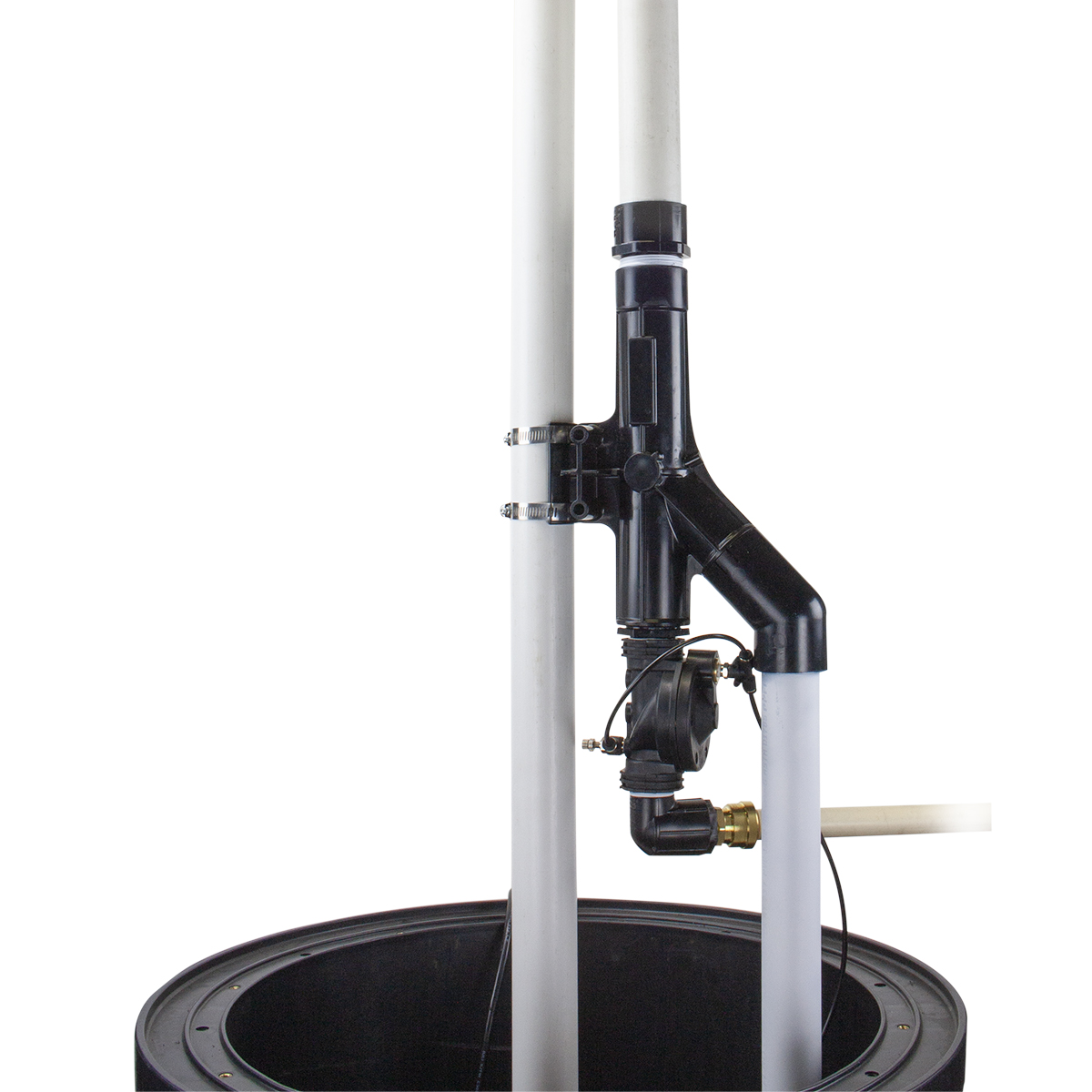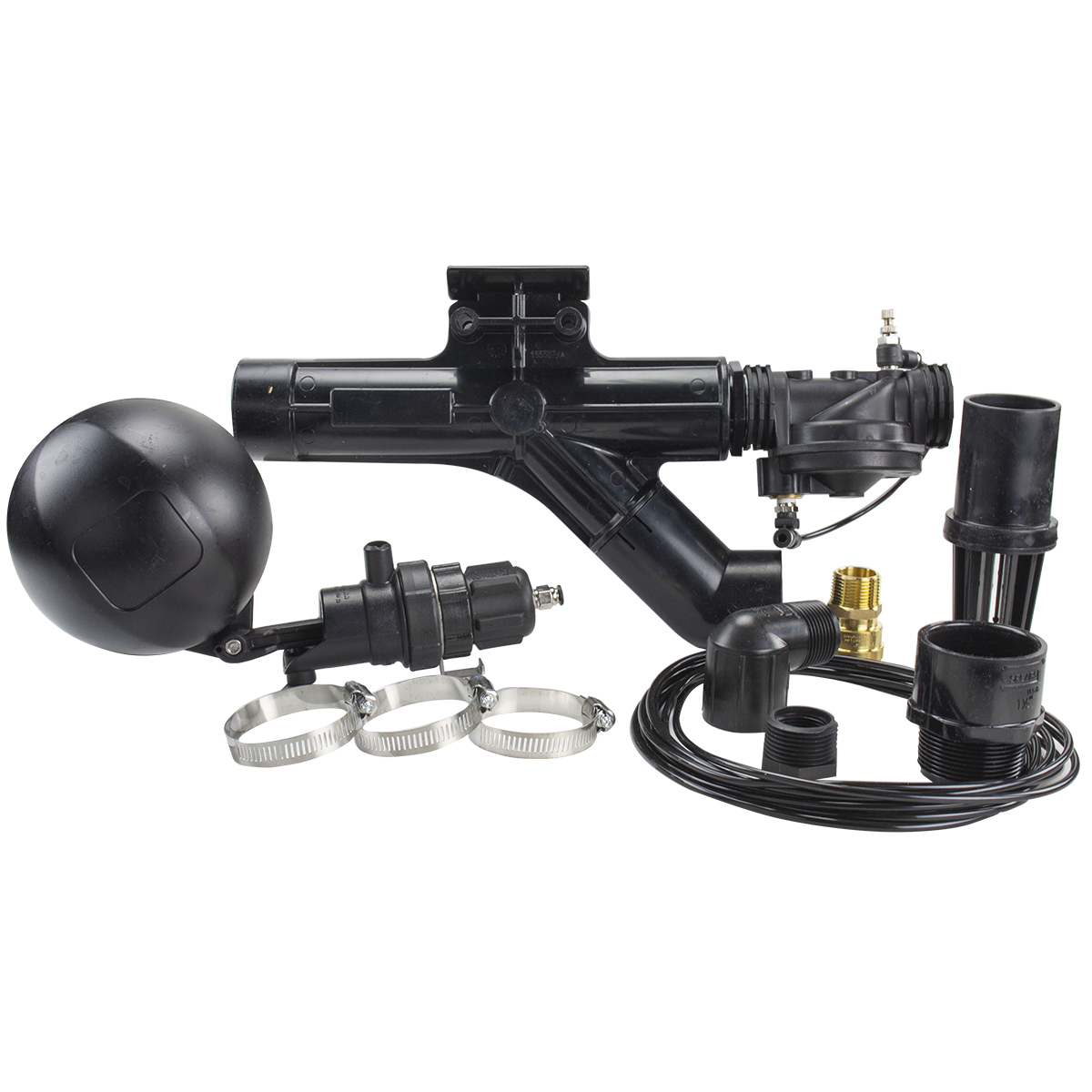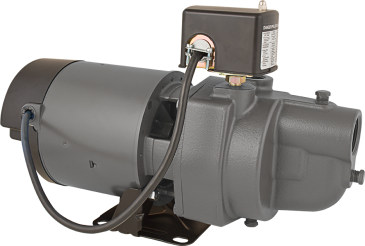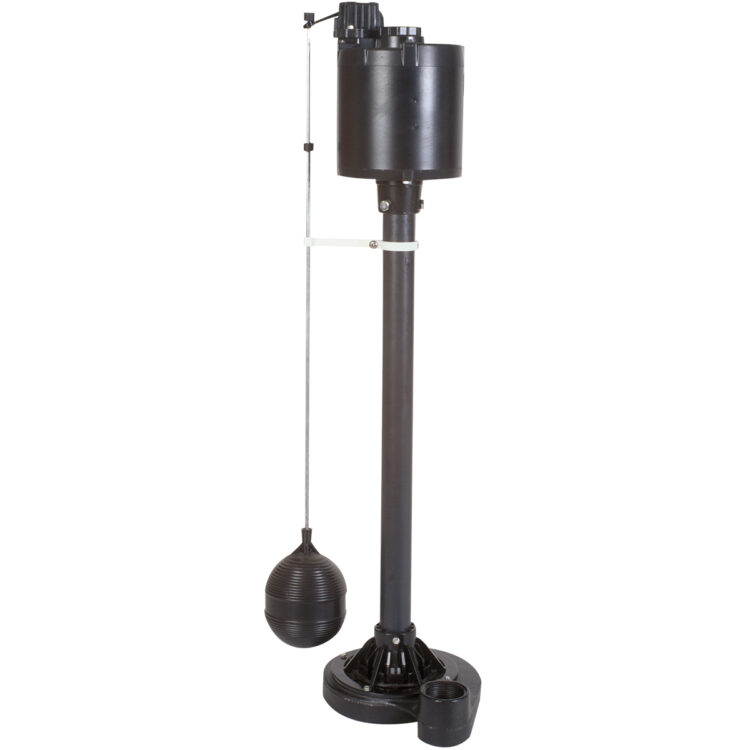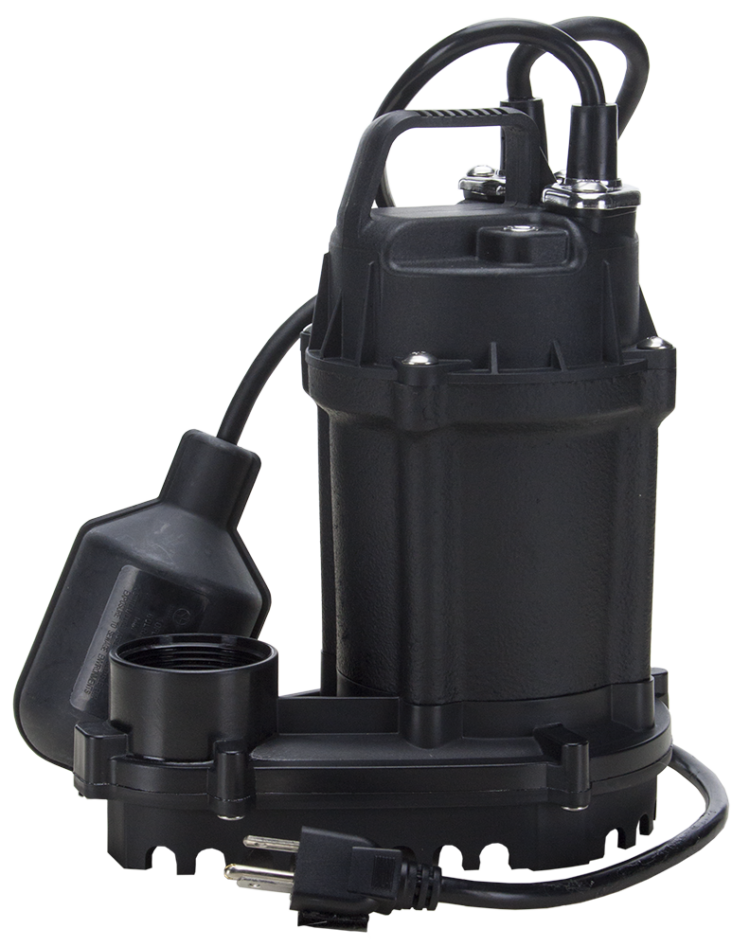Product Details
The STWB140 Basement Sentry Water Driven Backup Sump Pump ensures continuous protection for your basement, even during power outages. Operating solely on a water supply from city water pressure, it eliminates the need for electricity or batteries, offering hassle-free maintenance.
Safeguarding your valuables with reliable city water pressure, this pump self-activates in emergencies, providing peace of mind without the need for constant monitoring or battery replacements. This system is an excellent addition for any homeowner looking to enhance their water sump pump setup with a dependable backup system that requires minimal intervention.
